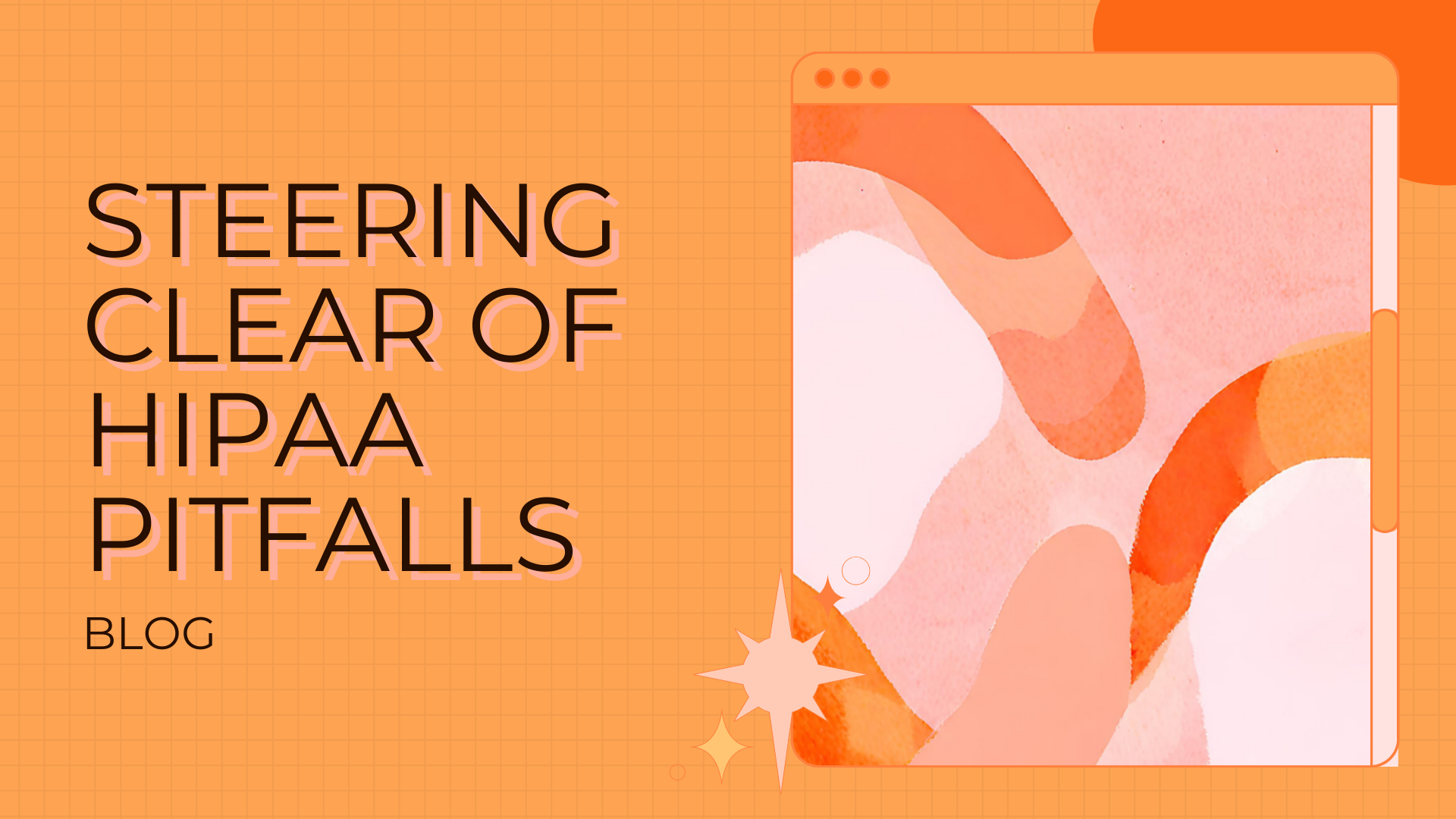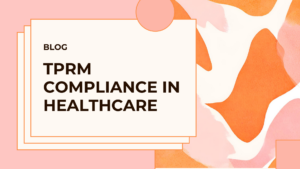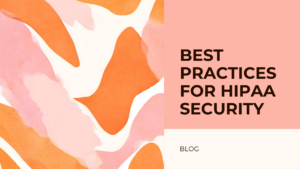While most practices are aware of the importance of following the HIPAA policies and complying with the guidelines, it can be a little challenging to keep track of what makes a practice in danger of violating HIPAA regulations.
Five ways that a practice is in danger of HIPAA violation.
While most healthcare practices are aware of the importance of following HIPAA policies and complying with guidelines, it can be a little challenging to keep track of what makes a practice in danger of violating HIPAA regulations. Any violation of HIPAA regulations can have serious consequences, including civil monetary penalties, jail time, and damage to the reputation of the practice. In this article, we will discuss five ways a practice is in danger of HIPAA violation and how to avoid them.
Not storing health information correctly
All documents containing health information should be stored properly. This means that health information should not be kept on personal devices (such as a home computer) or paperwork left laying on a desk where it is visible to other patients walking by. Practices should have proper security measures in place to ensure that sensitive information is stored in a secure location and that only authorized individuals have access to it.
Releasing information without authorization
It is important to ensure that anyone that is given personal information about the patient has permission to receive it. If there is someone receiving information about the patient, they need to have obtained authorization before having the paperwork released. This authorization can be obtained through a signed release form by the patient or a legal representative.
Releasing the wrong patient’s information
Double-checking to ensure that the correct information is given out is crucial. Giving the wrong patent’s information to someone can be a major HIPAA violation. Practices should have strict policies and procedures in place to ensure that information is properly verified before it is released.
Information not signed by the patient
Before any action has been taken, the practice should make sure that all the correct information has been documented and signed. If documents need to be updated, make sure that the practice requests the patient to sign them as soon as possible so that all materials are up to date with signatures. This can help avoid any confusion or mistakes in the future.
Improperly disposing of records
The law requires that all personal papers are disposed of discreetly. This means that they should be put through a paper shredder to prevent personal information from being found in the trash. Improperly disposing of records can lead to a serious HIPAA violation and can put patients’ sensitive information at risk.
Avoid Violations
Violating HIPAA regulations, even if it is unknowingly, can present a lot of problems. Offending practices can be penalized with jail time and civil monetary penalties.
The current charge is $100 per violation when a covered entity unknowingly breaks the law, to $50,000 per violation for willful negligence.
Also, it has been shown that the Secretary of the Department of Health and Human Services has charged covered entities as much as $4.8 million in a single investigation.
Summary and Next Steps
Violating HIPAA regulations, even if it is unknowingly, can present a lot of problems for healthcare practices. Offending practices can be penalized with jail time and civil monetary penalties. It is crucial for healthcare practices to be aware of these regulations and take the necessary steps to ensure compliance. By storing health information correctly, obtaining authorization before releasing information, verifying patient information, obtaining signatures, and properly disposing of records, practices can minimize the risk of HIPAA violations. Healthcare practices can also invest in HIPAA training for their employees to ensure that they are aware of the regulations and how to comply with them. Papaya LMS is an effective learning management system that can be used to perform all HIPAA training as needed by the organization. By following these guidelines, healthcare practices can protect their patients’ privacy and maintain HIPAA compliance.




